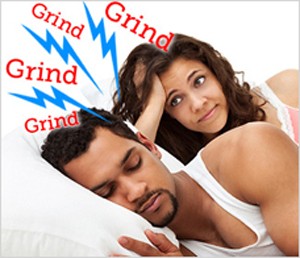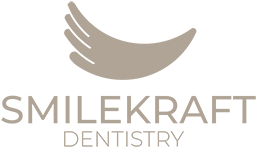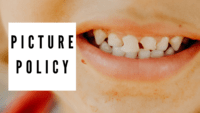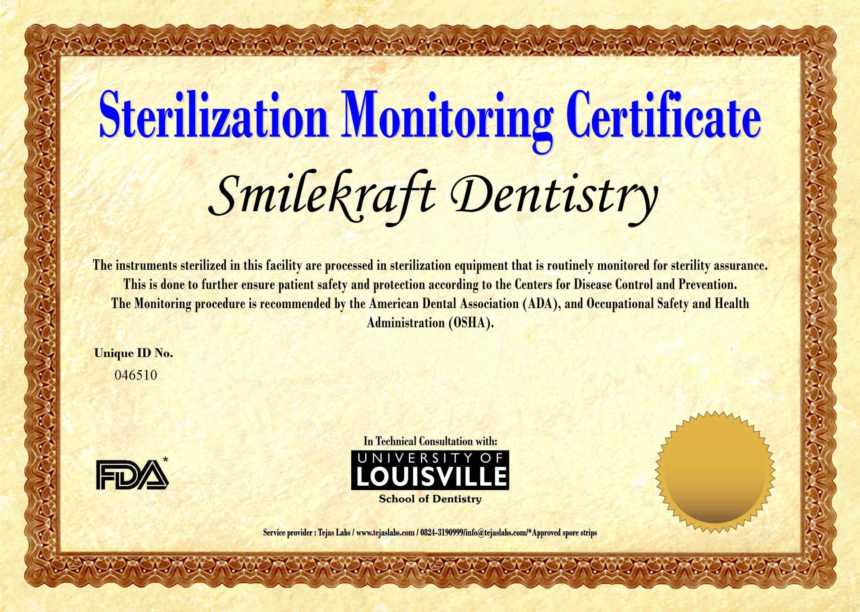Do you suffer from aching teeth and jaws in your waking hours? this could be due to unconscious teeth grinding during your sleep…

An Occlusal Splint (also called a Bite Splint, Bite Plane, Night Guard or a Bite Guard) is a removable dental appliance carefully moulded to fit the upper or lower arches of teeth worn at night to reduce the amount of grinding pressure transferred to the teeth. Bite Guard offers relief for the muscles of the jaw and protection of the teeth from wear and breakage.
Teeth grinding and teeth clenching also known as Bruxism, generally occurs during sleep and can often go undetected. Bruxism is the technical term for the grinding of teeth in sleep.
Although some people may also grind their teeth during the day, for the average person, Bruxism or grinding teeth occurs in sleep at night. Often, a partner or family member is the first to notice the sufferer’s condition due to the noise associated with this teeth grindingthroughout the night. Bruxism is also one of the most common sleeping disorders in the world.
Almost everyone experiences Bruxism at some point during their lives. Stress, diet, allergic reactions and trauma can all trigger Bruxism, but for some people, it becomes a chronic habit that can lead to multiple problems for the teeth and mouth.
Problems associated with Bruxism
Wearing of teeth – chronic teeth grinding of the teeth wears them down.
Cracked teeth – when enough pressure is exerted through Bruxism, it can lead to a cracked tooth.
Teeth loss – over time, cracked and broken teeth can lead to teeth loss.
Receding gums – Bruxism is one of the leading causes of gum recession.
Sore jaw, neck pain, and headaches – (Teeth) clenching the muscles of the mouth can lead to sore muscles in the jaw or neck, sometimes accompanied by headaches.
Temporomandibular Joint Disorder – commonly known as TMJ syndrome, this joint disorder affects the point where the mandible (lower jaw) meets the skull. As TMJ syndrome progresses, it can lead to pain and impairment in the normal functioning of the jaw.
Treatment and correction of Bruxism related damage
Since this condition worsens continuously, the Bruxism treatment should start immediately, as soon as the condition is diagnosed. Once the underlying cause, such as stress is identified, appropriate steps should be taken to eliminate it. In milder cases, wearing the Night Guard should suffice to control the situation.
In severe cases, a full mouth rehabilitation is required to reverse the damage already done, followed by wearing the Night Guard to prevent the habit from creating further problems.





